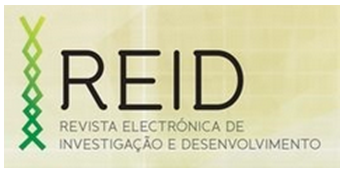Socioeconomic integration of displaced victims of terrorism in Cabo Delgado: a look at income generation projects for self-sustainability of displaced families
José Caetano, Ali Atumane, Ruben Ulaia, Pe. Fernão Massena, Bianca Gerente, Domingos Rhongo, Dília Miguel
DOI:
https://doi.org/10.70634/reid.v2i13.179Palavras-chave:
Terrorism, displaced victims, income generation, socioeconomic integrationResumo
The present study on the “Socio-economic Integration of displaced victims caused by terrorism attack in Cabo Delgado: a look at income generation projects for self-sustainability of displaced families”, that used a mixed methods approach (qualitative and quantitative), took place between the second half of 2021 and the first half of 2022. This study involved interviews with 3,750 people who were selected based on a non-probability intentional selection criterion. The study aims to determine to what extent the humanitarian assistance provided to displaced victims of terrorism attacks in Cabo Delgado includes the implementation of projects or actions that at medium and long term, lead families to self-sufficiency. Data processing was carried out via Kobo Toolbox, SPSS and Excel. The results of the study show that: (i) most organizations providing humanitarian assistance to IDPs focus their intervention on food assistance, sanitation, shelter provision and environmental sanitation; (ii) few organizations implement projects leading to the self-sustainability of families affected by terrorism; (iii) in the areas of origin, agriculture, commerce, and fishing are the main sources of subsistence of these families; (iv) in the host regions, more than 80% of the displaced do not engage in any self-reliance activity, while about 20% engage in agriculture, commerce, and other activities. On the other hand, the study concludes that the displaced victims face the challenges of lack of land, lack of technical and financial support in order to engage in income-generating activities for their livelihoods.

